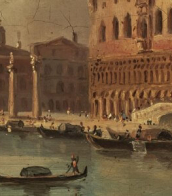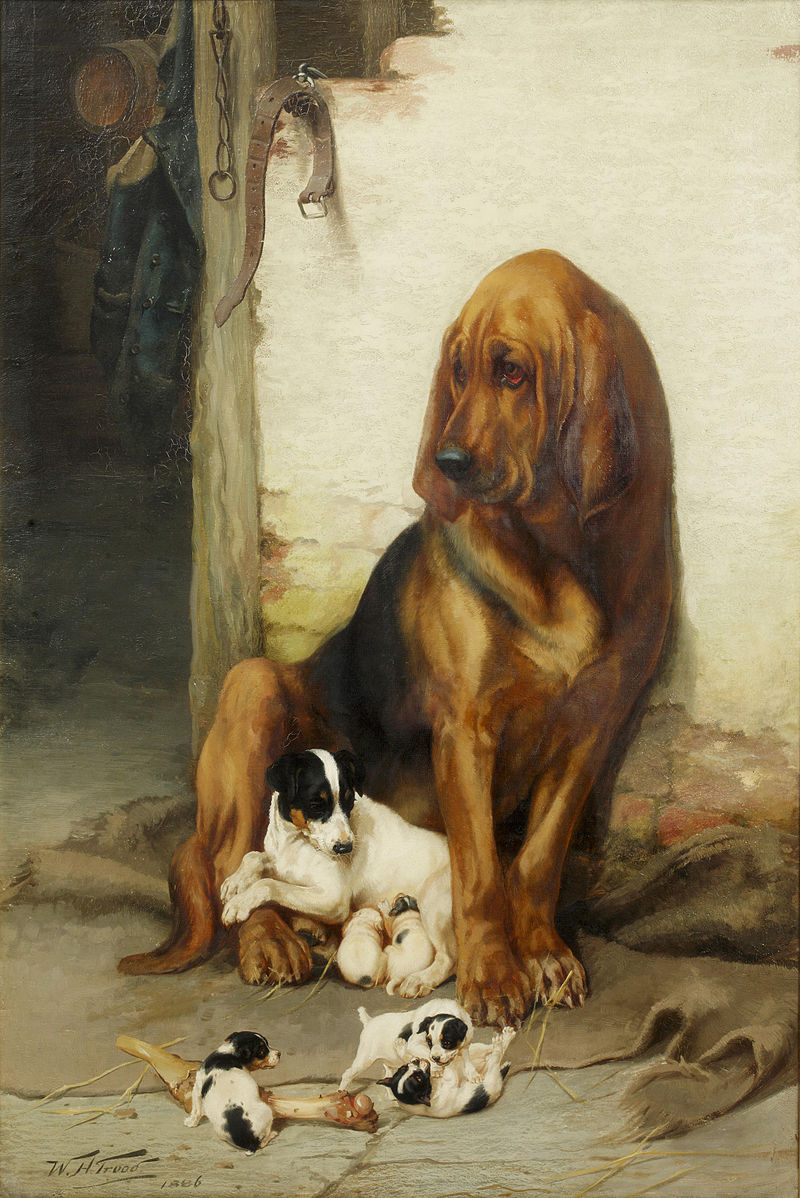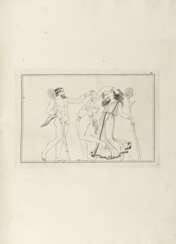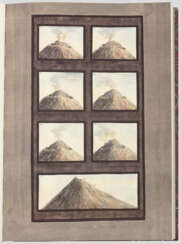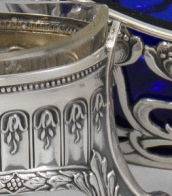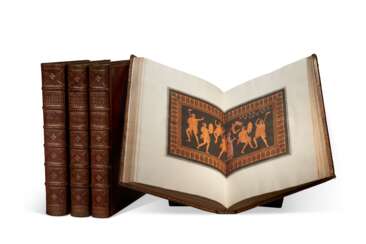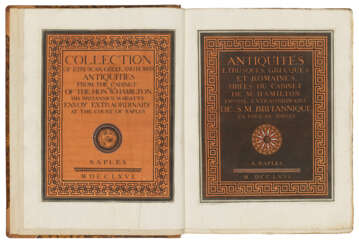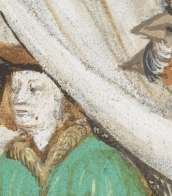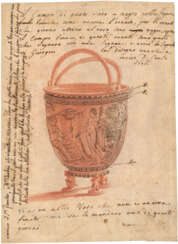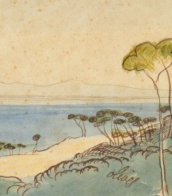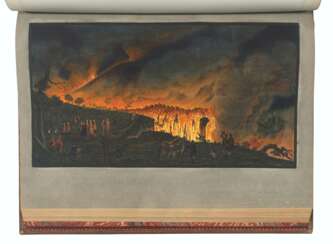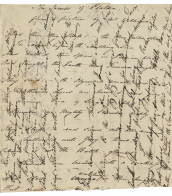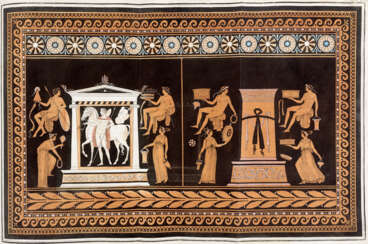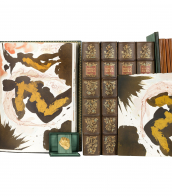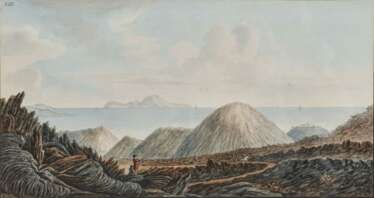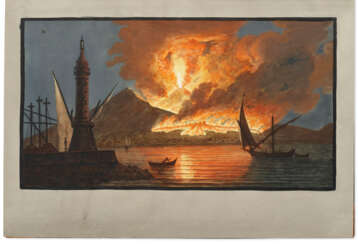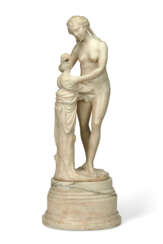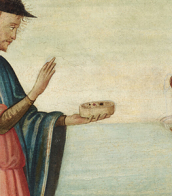william hamilton (1730 - 1803)
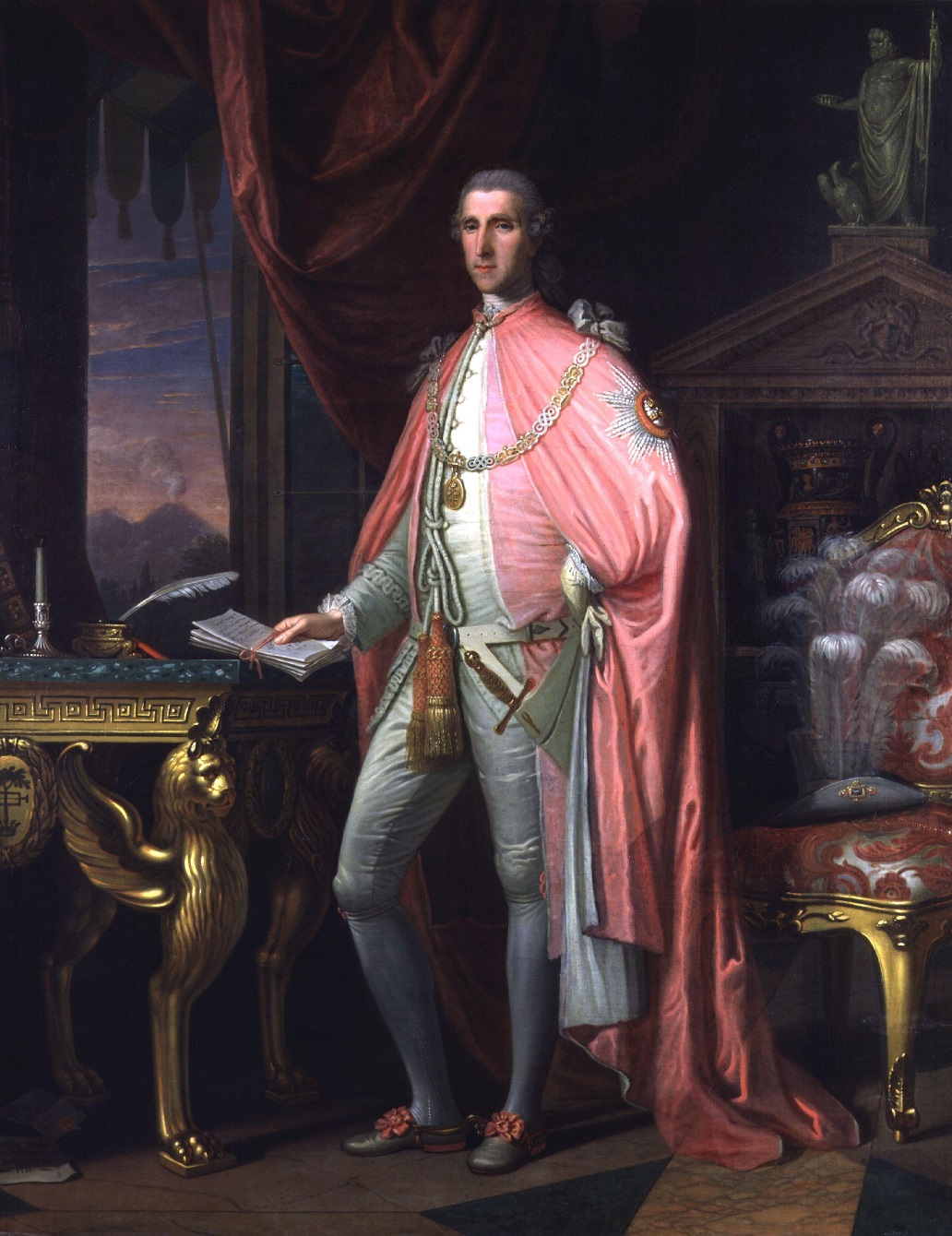
Sir William Douglas Hamilton was a British diplomat, archaeologist and volcanologist, a famous collector, and a Fellow of the Royal Society of London.
He served as British Ambassador to the Kingdom of Naples from 1764 to 1800, but most importantly, he was a passionate researcher of history, art and natural sciences and was a member of the Society of Dilettantes, established for the purpose of studying ancient art.
In Naples, Hamilton amassed a unique collection of antique vases and published an illustrated book about them. In parallel, Sir Hamilton studied the volcanoes Vesuvius and Etna, local volcanic and seismic activity, and the causes of earthquakes in the Neapolitan territory. As a corresponding member of the Royal Society, he sent the results of his research to London. His publications were very valuable for the time.
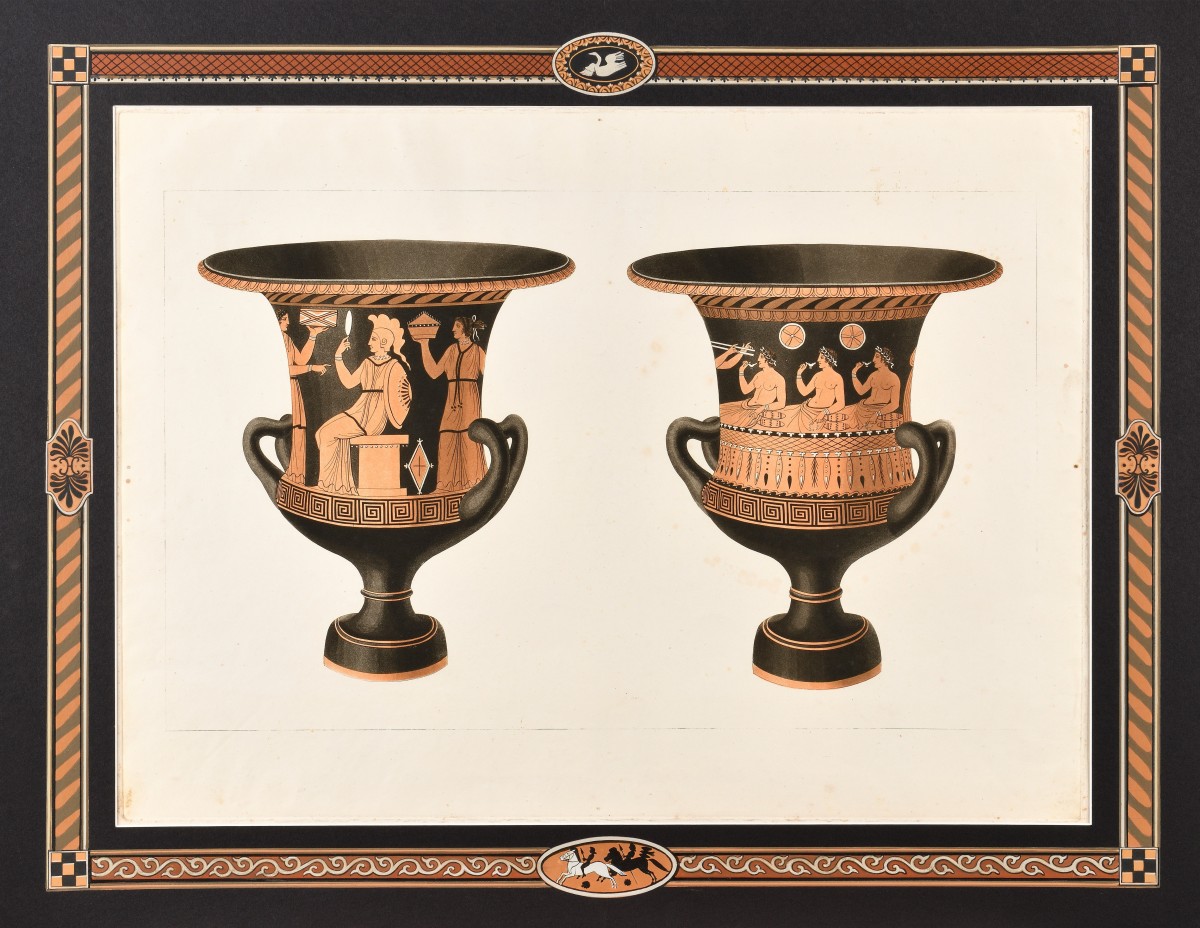
Pierre-François Hugues d'Hancarville, better known as Baron d'Hancarville, was an art historian, writer, and adventurer who lived most of his life in Italy.
To advance from the merchant class to high society, he studied mathematics, physics, history, literature, ancient languages, and English, Italian, and German. Traveling in Europe, he presented himself as an aristocrat under various names. Under the name Baron d'Hancarville, he was known as a connoisseur and art dealer, which is apparently why he was approached by Sir William Hamilton (1731-1803), who was ambassador to the British embassy in Naples and had amassed a large collection of ancient vases. Before selling this collection to the British Museum in 1772, Hamilton asked d'Hancarville for help in creating a complete catalog of it in descriptions and illustrations. The baron also wrote a detailed essay.
This catalog, entitled The Complete Collection of Antiquities from the Cabinet of Sir William Hamilton, is itself a neoclassical masterpiece in French and English. Antique vases have never before been depicted with such precision and aestheticism.


Sir William Douglas Hamilton was a British diplomat, archaeologist and volcanologist, a famous collector, and a Fellow of the Royal Society of London.
He served as British Ambassador to the Kingdom of Naples from 1764 to 1800, but most importantly, he was a passionate researcher of history, art and natural sciences and was a member of the Society of Dilettantes, established for the purpose of studying ancient art.
In Naples, Hamilton amassed a unique collection of antique vases and published an illustrated book about them. In parallel, Sir Hamilton studied the volcanoes Vesuvius and Etna, local volcanic and seismic activity, and the causes of earthquakes in the Neapolitan territory. As a corresponding member of the Royal Society, he sent the results of his research to London. His publications were very valuable for the time.

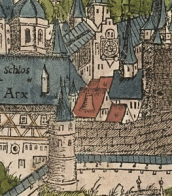

Sir William Douglas Hamilton was a British diplomat, archaeologist and volcanologist, a famous collector, and a Fellow of the Royal Society of London.
He served as British Ambassador to the Kingdom of Naples from 1764 to 1800, but most importantly, he was a passionate researcher of history, art and natural sciences and was a member of the Society of Dilettantes, established for the purpose of studying ancient art.
In Naples, Hamilton amassed a unique collection of antique vases and published an illustrated book about them. In parallel, Sir Hamilton studied the volcanoes Vesuvius and Etna, local volcanic and seismic activity, and the causes of earthquakes in the Neapolitan territory. As a corresponding member of the Royal Society, he sent the results of his research to London. His publications were very valuable for the time.
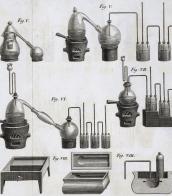

William Shakespeare was a British poet and playwright and writer.
William's father, John Shakespeare, was a merchant and official in Stratford. There are reports that he was a sailor for a time before joining a theater company in London. Beginning in the 1590s, Shakespeare began writing plays, and in 1593 he published a poem, Venus and Adonis, which became popular. He dedicated it to the Duke of Southampton, who was a philanthropist and patron of talent, and soon his business was booming.
From 1592 to 1600 Shakespeare wrote his dramas and romantic comedies "Richard III", "The Taming of the Shrew", "Romeo and Juliet", "A Midsummer Night's Dream" and "The Merchant of Venice", as well as the comedies "Much Ado About Nothing", "Twelfth Night" and the tragedy "Julius Caesar". The playwright's business was so successful that he even bought a large house in Stratford. In 1599, Shakespeare became one of the owners, playwright and actor of the new theater "Globe". In 1603 King James took Shakespeare's troupe under his direct patronage. In the mature period, the great playwright turned to tragedies, there were "Hamlet", "Othello", "King Lear", "Macbeth" and others.
Although in the 19th century researchers had some doubts about the authorship of many of these works, William Shakespeare is considered the greatest English playwright, one of the best playwrights in the world. His plays have been translated into all major languages and to this day form the basis of the world theatrical repertoire, most of them have been screened many times. According to the Guinness Book of Records, Shakespeare remains the world's best-selling playwright, and his plays and poems have sold more than 4 billion copies in the nearly 400 years since his death.

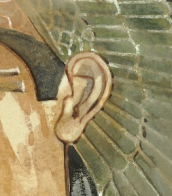
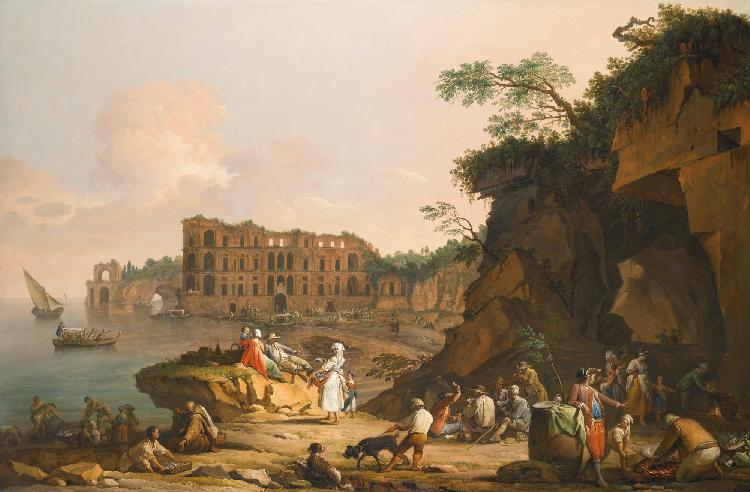
Pietro Fabris was a painter of Italian descent, active in England and Naples. Pietro is best known for work he completed for the dilettante geologist, the diplomat Sir William Hamilton, which included a number of engravings based on his paintings that depicted contemporary volcanic activity collected in two books, Observations on Mount Vesuvius, Mount Etna, &c. (London, 1774) and Campi Phlegraei: Observations on the Volcanoes of the Two Sicilies (Naples, 1776). He also painted some concert parties sponsored by Hamilton, including one that included a young Mozart at the harpsichord. In other works he produced for sale, he painted Bamboccianti scenes, genre paintings of local folk in native garb at work or play.
